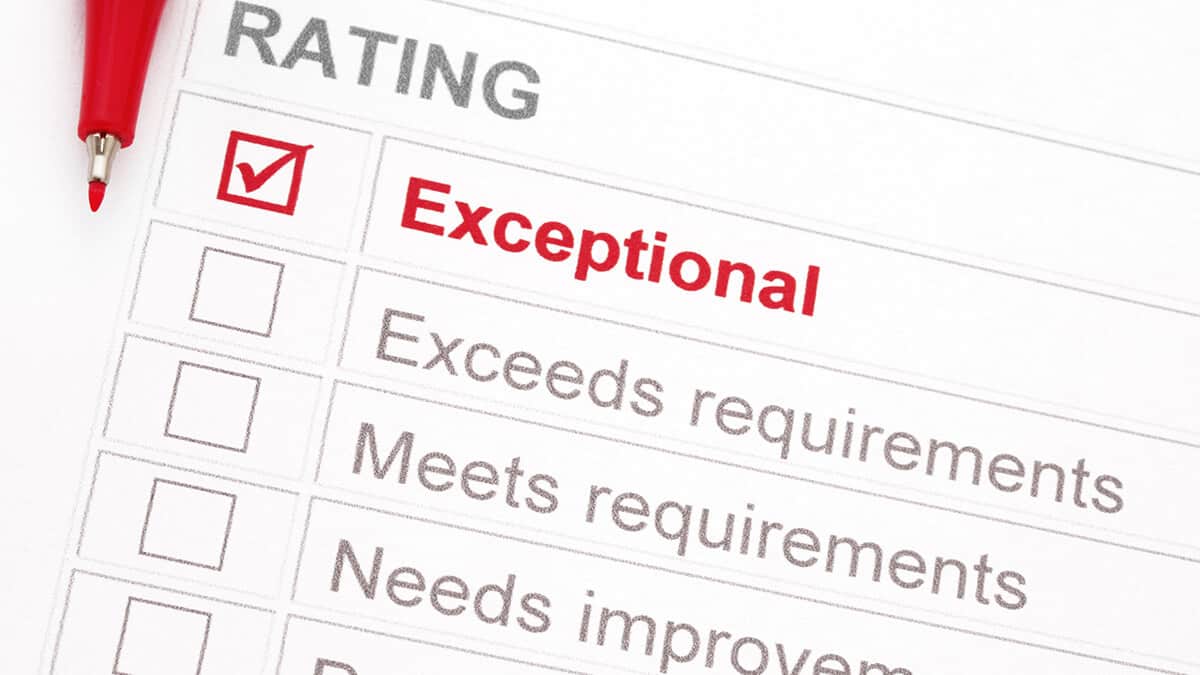In this guide
Choosing a default fund for your employees can be confusing – especially when there are so many super funds out there vying for your vote.
A key point to remember when making your selection is your default fund must be registered to offer a MySuper product.
It shouldn’t be hard to find one that does. According to June 2022 statistics from the Australian Prudential Regulation Authority (APRA), $884.5 billion out of the total $3.3 trillion in assets held by Aussie super funds is held in MySuper products.
So, what are the rules when it comes to selecting a default fund for your SG contributions?
Where to pay your employees’ SG contributions
These days, most employees are eligible to choose their super fund and their employer must pay Superannuation Guarantee (SG) contributions on their behalf into that fund. They can choose a super account they already have, an entirely new fund, or the default fund you have selected for your business.
Learn about default super funds.
If a new employee fails to choose a super fund (or is ineligible to choose), you will need to check with the ATO to see if they have a stapled super fund that follows them whenever they change jobs. You must then use this stapled fund for your employee’s super contributions.
Learn about offering choice and stapled super funds.
If your new employee doesn’t choose their own fund and the ATO advises you they don’t have a stapled fund, you will need to make contributions for them into your business’ default super fund.
Your default fund must be a complying super fund or a retirement savings account (RSA). A complying super fund is one that meets specific requirements and obligations under super law. Complying super funds must also be registered with APRA and offer a MySuper product to their members.
Need to know
Any SG contributions you pay into a non-complying super fund won’t be tax deductible and won’t count towards meeting your SG obligations.
Not only will that attract the attention of the ATO and a potential Superannuation Guarantee Charge (SGC), but you may also end up with a fringe benefits tax (FBT) liability.
Learn about the SGC.
MySuper products are generally designed to be workplace funds and are the only type of super fund authorised to accept default SG contributions from employers.
Self-managed super funds (SMSFs) cannot operate as your company’s default super fund as they don’t meet the requirement of being a MySuper product.
As well as selecting a complying super fund registered to offer a MySuper product, check the relevant industrial awards covering your employees. Some awards and enterprise agreements require employers to make SG contributions for their employees into a specific super fund.
Background – Expansion of fund choice from 1 January 2021
Reforms effective from 1 January 2021 allow more employees to choose their own super fund.
The Treasury Laws Amendment (Your Superannuation, Your Choice) Act 2020 reformed the SG contribution requirements so the choice of super fund rules applied to employees covered by workplace determinations and enterprise agreements (EAs) made on or after 1 January 2021.


